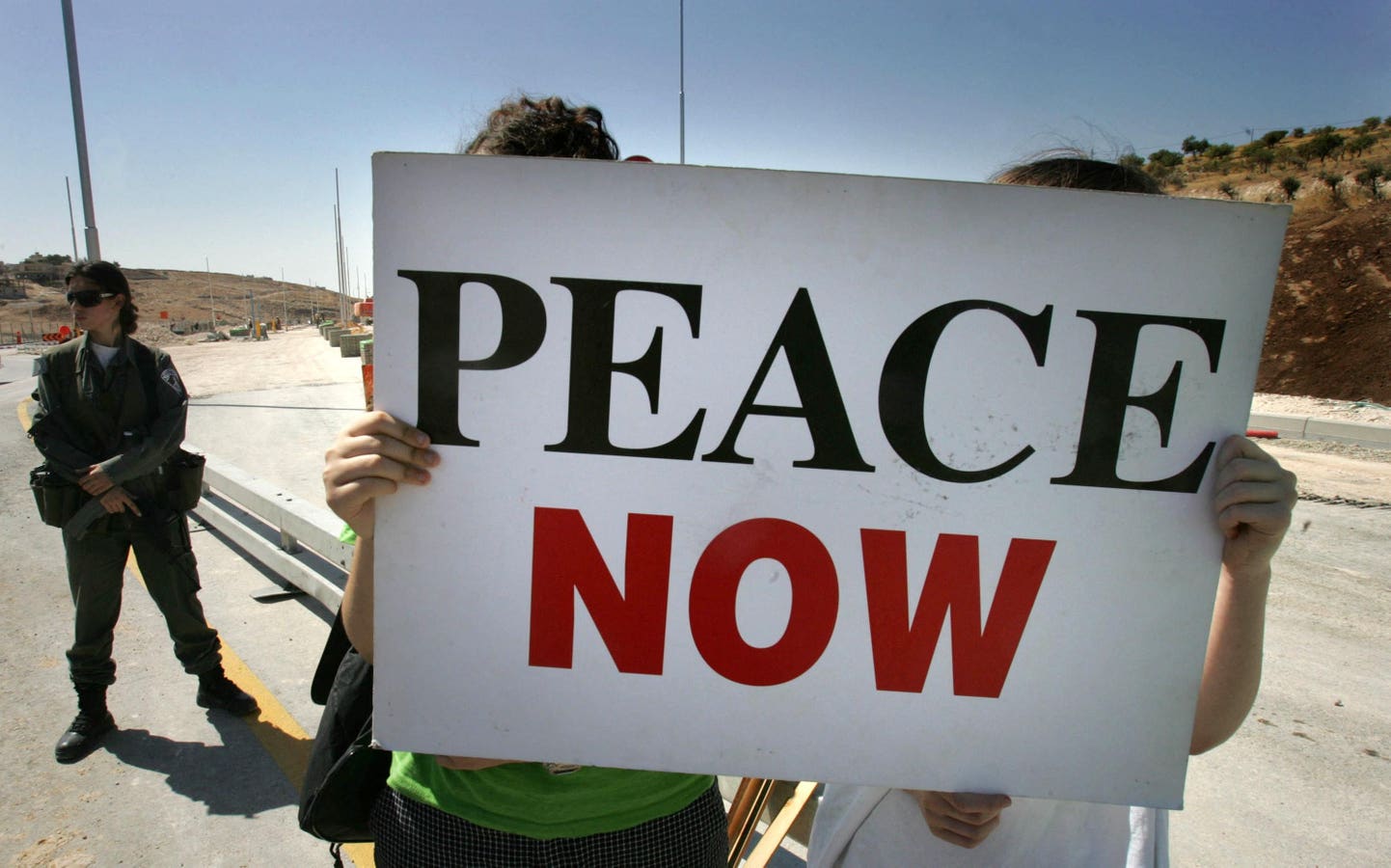The horrific escalation of violence and terror in Israel and Palestine has left the world aghast and peace seems even further from reach. Yet, crises of this magnitude can at times lead to thinking beyond conventional approaches to solutions. For over two decades, I have been involved in various ecological efforts at Track 2 Diplomacy in the Middle East and South Asia and endured the rise and fall of so many expectations. In 2006 I was asked to lead a six-week intensive program of experiential environmental learning in Toledo Spain which brought together mid-career professionals from Israel, Palestine and across the Middle East and North Africa (MENA) region. The goal of this effort under the auspices of “The University of the Middle East Project” was to use collective environmental learning to heal and build opportunities for peacebuilding. Toledo was chosen the venue as it is a UNESCO World Heritage site that recognizes the coexistence of Muslims, Jews and Christians in relative peace during the Middle Ages.
Efforts at Environmental Peace-building in the Middle East have also been undertaken by the Arava Institute for Environmental Studies in Israel where I lectured in 2010. In the same visit, Tel Aviv University asked me to be a keynote speaker at a unique conference on the role of ecological factors in peace-building between Syria and Israel. This was a bold initiative at a time when relations between the two countries had been severely strained by the Israeli government’s call for a referendum law on relinquishing any portion of the Golan and other annexed territories after the 1967 war. Israel eventually annexed the Golan and the United States recognized Israeli sovereignty over the territory in 2019.
The fear of annexation being eventually recognized as sovereignty by the more powerful party has been a root cause of conflict escalation in many parts of the world. In territorial conflicts we need to consider the peril of zero-sum games where a “winner-takes-all” dynamic can entrench hatreds on either side. When compromise towards a formula for division eludes us, then hybrid solutions should be considered. Such a hybrid solution exists in the case of the Arab-Israeli conflict as well. The nonprofit organization Ecopeace Middleast has also worked on developing mutually beneficial environmental projects. Many of these noble efforts have led to eye-rolling by the so-called “Realists” in the Middle East. Yet it is the Realist hubris that has brought us to our current ruinous predicament in the Arab-Israeli conflict. It is high time we dust off the shelf readings on other options from the library of hybridity.
For more than 15 years, a Los Angeles based attorney Josef Avesar has been calling for a Confederation between two Israelis and Palestinians states. The Iroquois Tribes of present- day New York and Southern Quebec had a confederacy; Switzerland is officially a confederation of cantons. However, unlike earlier efforts, this idea was to be implemented from the grassroots using the internet as a platform to recruit candidates for a “virtual parliament” while the policymakers remained deadlocked. On December 12, 2012, Mr. Avesar, managed to get more than 700 Israelis and Palestinians (including in Gaza) to run in a virtual election. Those who may dismiss this as a gimmick should note that even a willingness to run in an election of this kind posed peril to the candidates, but they were willing to do so because they saw this as the most tangible effort to “think outside the box” and move beyond the stagnation of one- state/ two- state fixes.
The Confederation idea deserves to be cautiously reconsidered. During the past year, I have joined a group of researchers from all over the world through a low-key (and currently non-public process) in studying peace agreements that have worked across a range of territorial conflicts. We are in the process of developing some pathways that could have relevance to the Israeli-Palestinian conflict and will not be deterred by this current conflagration. A planetary perspective on the conflict which considers ecological factors and novel mechanisms for building trust hold promise even amidst our current despair. Let us transcend our initial impulses of cynicism to consider such hybrid ecological paths where so many others have failed us time and again. Those who dare to follow such paths will no doubt exemplify leadership in its most consequential form.
Read the full article here





